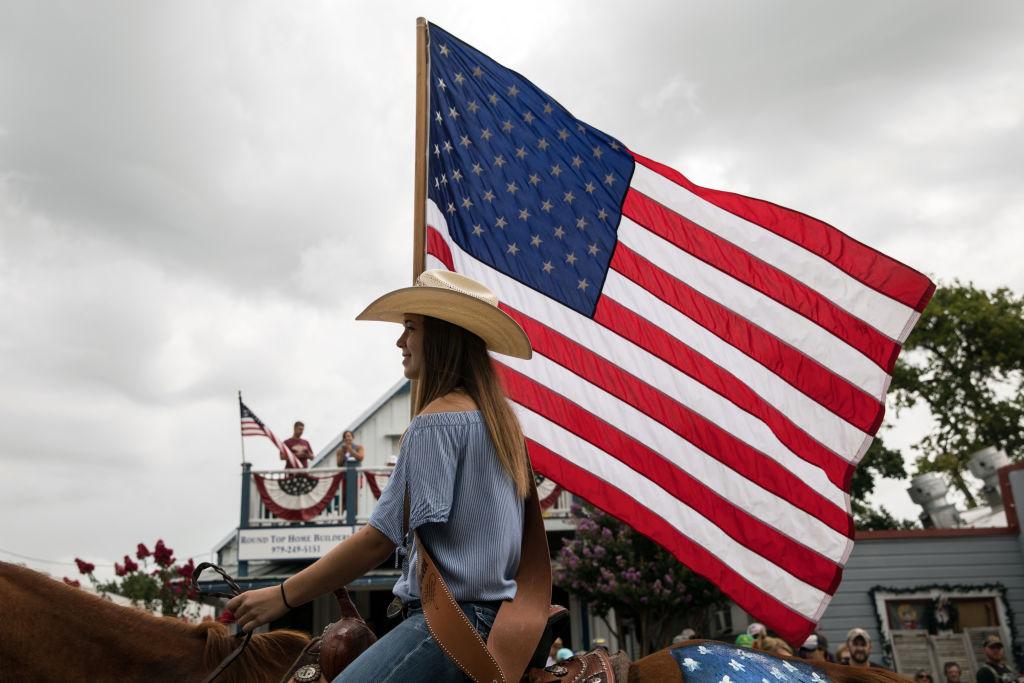The place: Philadelphia. The time: June 1776.
The Continental Congress appoints a Committee of Five—Benjamin Franklin of Pennsylvania, Roger Sherman of Connecticut, Robert Livingston of New York, Thomas Jefferson of Virginia, and chairman John Adams of Massachusetts—to draw up a declaration of independence from Britain. Though John Adams seems the natural choice to write the initial draft of this document, he defers to the Virginian for several reasons, telling Jefferson by his own account, “You can write ten times better than I can.”






